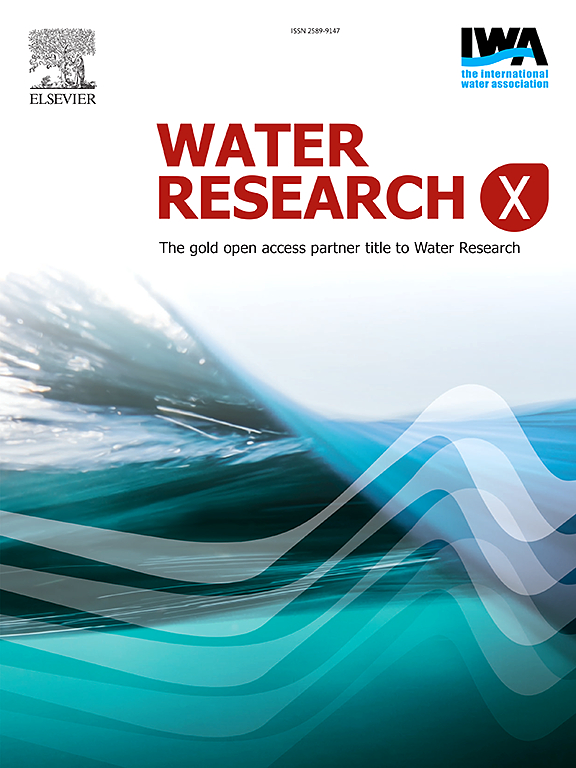Leak detection in water supply networks using two-stage temporal segmentation and incremental learning for non-stationary acoustic signals
IF 8.2
2区 环境科学与生态学
Q1 ENGINEERING, ENVIRONMENTAL
引用次数: 0
Abstract
Acoustic detection is a primary method for identifying leaks in urban water supply networks. However, acoustic signals within pipelines are highly susceptible to dynamic interference noise. This complicates the differentiation between leak and non-leak signals. To address this challenge, this paper presents a temporal segmentation-based approach for processing acoustic signals. Specifically, the two-stage temporal segmentation approach, which applies long-term segments to isolate non-stationary characteristics and short-term segments for capturing quasi-stationary features in acoustic signals, is introduced. We then applied the CNN model to recognize the Mel spectrogram features of the two-stage segmented signals and compared its performance with other models. Results indicate that this approach enhances both the accuracy and stability of leak detection, with the model achieving an average detection accuracy of 95 %. Moreover, the model is designed as an adaptive and continuous learning model, integrating its detection outcomes and newly labeled data segments into its training dataset. In practical applications, this continuous learning capability enables the model to improve its detection efficacy over time as data volume expands.

基于两阶段时间分割和非平稳声学信号增量学习的供水管网泄漏检测
声学检测是识别城市供水管网泄漏的主要方法。然而,管道内的声信号极易受到动态干扰噪声的影响。这使得区分泄漏和非泄漏信号变得复杂。为了解决这一挑战,本文提出了一种基于时间分割的声学信号处理方法。具体来说,介绍了两阶段时间分割方法,该方法使用长时间段来隔离非平稳特征,使用短时间段来捕获声信号中的准平稳特征。然后应用CNN模型对两级分割信号的Mel谱图特征进行识别,并与其他模型进行性能比较。结果表明,该方法提高了泄漏检测的准确性和稳定性,模型的平均检测准确率达到95%。此外,该模型被设计为一个自适应和持续学习模型,将其检测结果和新标记的数据段集成到其训练数据集中。在实际应用中,这种持续学习能力使模型能够随着数据量的增加而提高其检测效率。
本文章由计算机程序翻译,如有差异,请以英文原文为准。
求助全文
约1分钟内获得全文
求助全文
来源期刊

Water Research X
Environmental Science-Water Science and Technology
CiteScore
12.30
自引率
1.30%
发文量
19
期刊介绍:
Water Research X is a sister journal of Water Research, which follows a Gold Open Access model. It focuses on publishing concise, letter-style research papers, visionary perspectives and editorials, as well as mini-reviews on emerging topics. The Journal invites contributions from researchers worldwide on various aspects of the science and technology related to the human impact on the water cycle, water quality, and its global management.
 求助内容:
求助内容: 应助结果提醒方式:
应助结果提醒方式:


